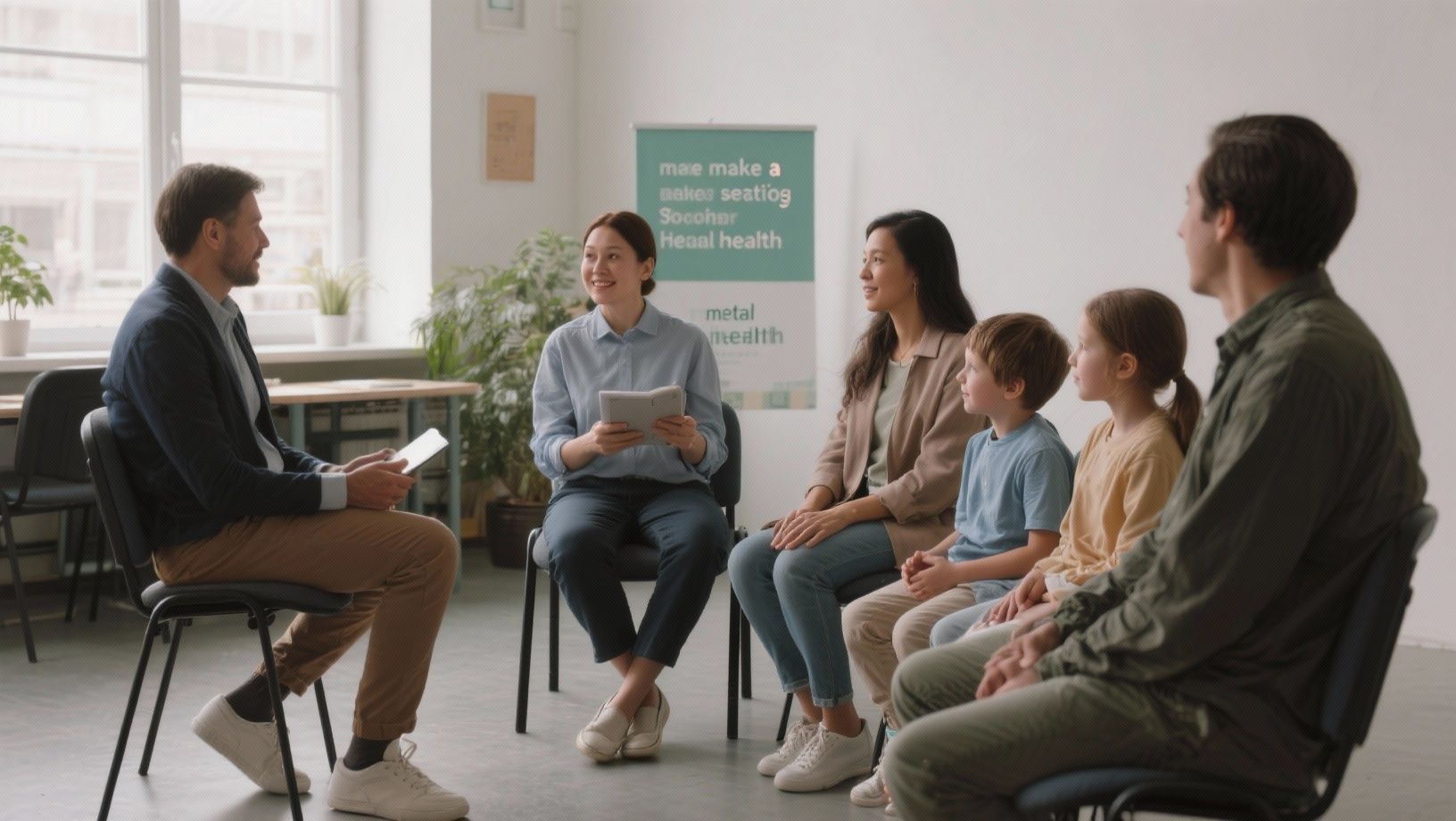Friday, October 24, 2025
Home-Based Psychoeducational Strategies for Learners with Learning Disabilities


In today’s changing educational landscape, home is more than a place for rest — it’s a powerful extension of the classroom. Recent research by Lee (2022) highlights how families can become active partners in supporting children with learning differences through structured, evidence-based psychoeducational strategies.At BEPS Consulting, we translate such research into actionable practices for parents and educators. This post brings those strategies to life — showing how small, intentional changes at home can yield meaningful academic and emotional growth.
Why Home-Based Psychoeducation Matters
Children with learning disabilities often require consistent reinforcement between school and home. When parents understand the 'why' behind learning behaviors, they can better scaffold progress, reduce frustration, and build self-esteem.Home-based psychoeducational approaches bridge three essential gaps:
- Knowledge – helping parents understand how their child learns.
- Consistency – aligning home and school expectations.
- Empowerment – giving families practical, research-informed tools to apply daily.
| Strategy | Purpose | How Families Can Apply It |
|---|---|---|
| Structured Routines | Establish predictability and reduce anxiety. | Use daily visual schedules and consistent timing for learning, play, and rest. |
| Task Chunking | Prevent cognitive overload. | Break assignments into short, achievable steps and celebrate small wins. |
| Visual Supports | Enhance comprehension. | Use cue cards, color-coding, or pictorial organizers. |
| Self-Monitoring Tools | Encourage independence. | Create simple checklists so children can track completed work. |
| Parental Modeling | Build emotional regulation. | Model calm problem-solving during learning challenges. |
| Reinforcement Systems | Strengthen motivation. | Apply praise or token systems for effort and persistence. |
| Collaborative Goal-Setting | Promote self-determination. | Involve the child in setting weekly learning goals. |
| Feedback Loops | Align school-home communication. | Share progress notes between parents and teachers weekly. |
| Emotion Coaching | Support self-awareness. | Validate emotions before redirecting behavior. |
| Reflection Journals | Foster metacognition. | Encourage brief end-of-day reflections ('What did I learn today?'). |
| Scaffolding | Maintain engagement through guided support. | Gradually fade adult help as mastery increases. |
| Sensory Breaks | Improve attention and regulation. | Incorporate 5-minute movement or deep-pressure breaks. |
| Technology Integration | Enhance accessibility. | Use speech-to-text or reading-assist apps matched to learning goals. |
Implementation Tips for Parents
- Start small – choose one or two strategies to apply consistently for two weeks.
- Observe and document – keep short notes on what works best for your child’s energy and attention patterns.
- Collaborate – share observations with teachers or specialists.
- Adjust, don’t abandon – tweak timing, environment, or reinforcement instead of giving up.
From Research to Empowerment
Lee’s (2022) study underscores that when parents act as informed facilitators rather than passive supporters, children demonstrate improved academic engagement, self-regulation, and confidence.At BEPS Consulting, we continue to help families translate theory into practice through tools such as:
- Home Routine Visual Schedules
- Self-Monitoring and Reflection Templates
- Emotion Coaching Guides for Parents
- UDL-Inspired Learning Plans
These tools make psychoeducation practical, visual, and inclusive — supporting learning differences with structure and empathy.
Explore More Book a group coaching or individual sessions. Together, we can make learning accessible — not by doing more, but by doing it differently.
Reference
This post draws on published research (Lee, 2022) and interprets it for educational and public awareness purposes. All rights to original research remain with the author and publisher.
Ai Cheng Lee, J. (2022). Home-Based Psychoeducational Strategies for Supporting Children with Specific Learning Disabilities during School Closures. Asia Pacific Journal of Developmental Differences, 9(1).